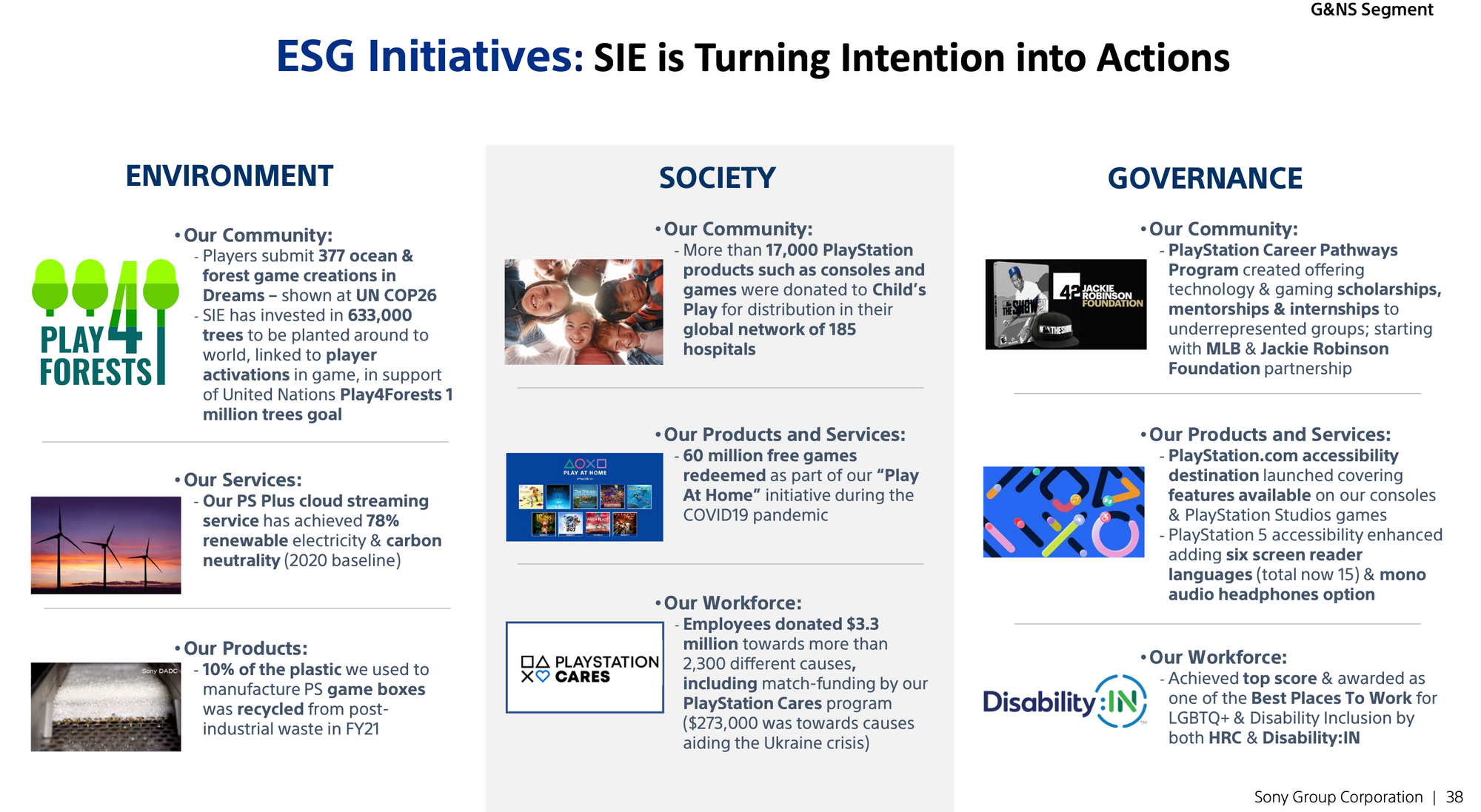GTG Links No.4: 10th June
Weekend reading for the climate minded
New P4PA Website and 2021 Report
Playing 4 The Planet Alliance has launched a new website, and there's also a new 2021 impact report (if you type the URL in, or follow that link - the front page sends you to an old version). The report is chock full of work the org did last year - things seem to be ramping up.
Valve's recent Steam Deck Announcement has some interesting details about FPS tradeoffs and battery life
Valve are suggesting a target of 40FPS on Steam Deck, providing another 'sensible limit' we might place on games to limit emissions in the right circumstances – though this time it's drawn from lessons around trade-offs between battery life and user experience:
So 30hz = 33.33 ms/frame, and 60hz = 16.66ms/frame. Meanwhile, 40hz is 25 ms/frame. So while it might seem a bit counter intuitive, 40fps is exactly half-way between 30 fps and 60 fps in terms of update speed, and as such looks and feels far more responsive than 30fps. Generally speaking you always want a very stable frame pacing. So having a rock solid 40hz is better than oscillating between 42 and 48 hz, especially if your screen refresh is 60hz. This is because you're only actually getting a new frame each 1/60th of a second, so every time you miss, you get a double frame, leading to judder.
New interview in WIRED

Thanks to Lewis Gordon for making this happen, for the great questions and such a great write up.
Recent Sony presentation has some interesting ESG insights:
80% of PS4 game sales in 2021 via digital! This is exactly the trend we need, to start to do away with discs as I claimed in Digital Games After Climate Change. Long road ahead still to get there though. Presentation also has some wider ESG stuff on this slide (at the end, always at the end).

Speaking of ESG: the talk of the past week...
Has been this article bringing togehter some of the emerging critiques of the ESG movement – from tradeoffs between different aspects of the acronym, to whether it represents a coherent approach. Hard to disagree with the critiques, but I suspect its still a useful tool, or at least the best we've currently got. Here's a taste:
on May 31, when German police raided the offices of asset manager DWS and its majority owner Deutsche Bank as part of a probe into allegations of greenwashing. It was the first time that an asset manager has been raided in an ESG investigation and signals a moment of reckoning for the industry.

More greenwashing: The KLM case will be one to watch

Adam Tooze on neoliberalism and climate change

…with climate change we see the rise of a new metric, of a new single standard of value, that is CO2. It is really an extraordinary development, it is not the gold standard, but it is a metrication of the economy in terms of a physical unit, that becomes the guiding parameter for what you can or cannot do, and technology has to organise.
…now we are seeing a return of planning in many ways. When Europe is thinking on how to cope with an economy without Russian gas, is that you need someone with a spreadsheet. But what is frustrating about the German and other countries' governments' response is that they try to reduce everything to a question of adequacy of economic models. Instead what we need is to make these choices democratic: we could call it a supply chain democracy.
Great new research from some former colleagues of mine
I was luck enough to see some of the early findings of this research a few years ago about how workers are responding to increasing heat stress at work as the planet heats up. Great to see it published. The research itself
…reports on the experiences of [union] members exposed to high heat, explores how they address heat stress and how they relate this to climate change. The article expands understanding of the impacts of workplace heat, especially for indoor workers and those in lower paid jobs, through a focus on how workers articulate their experiences and understand and exercise their agency at work.
Would be fascinating to see a map of which parts of the game production cycle and supply chains are exposed to these sorts of risks – I can imagine it's not just factories in SE Asia, but also remote and indie developers in parts of the world exposed to increasingly high temperatures.
G7 commitment to largely phase out coal from power systems by 2035
This is pretty, pretty huge news – and precisely what we need at this point.
/cloudfront-us-east-2.images.arcpublishing.com/reuters/IFE6KXXFFZK7BDFMK2TA2HZJZY.jpg)
Some slightly breathless coverage of new developments in Lithium-sulphur batteries that might eventually be pretty useful
It's always worth being sceptical of exuberant claims and 'solutionism', promising techno-fixes right around the corner but innovative battery chemistries are genuinely incredibly exciting, with Li-ion batteries already proving to be a huge part of the renewable energy transition. This new technology involves a new
chemical phase... known as monoclinic gamma-phase sulfur but had only ever been observed in the lab at high temperatures — upwards of 95°C (203°F). This is the first time it has been seen at room temperature.
Intel with some data centre sustainability

Did you hear that bees are now a type of fish?

If you're enjoying these posts and what I'm doing here at GTG and want to support it, don't forget you can become a GTG Supporter for as little as a few dollars a month.




